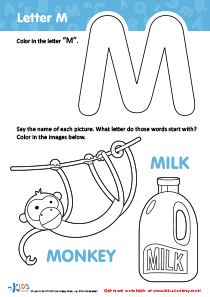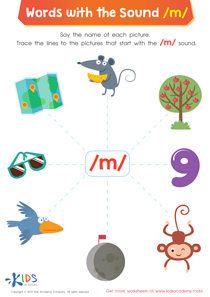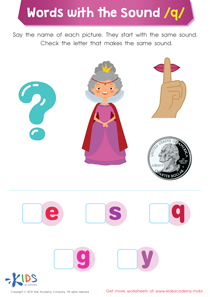Foundational Reading Lessons | Literature, Grade 2
5 results
Introduce your second grade students to the captivating world of literature with our literature lessons! Designed to spark imagination and creativity, our interactive worksheets are perfect for keeping young minds engaged while teaching important skills in reading, writing, and critical thinking. Our lessons are supplemented with educational videos and assessment quizzes to help reinforce concepts and measure progress. With a focus on age-appropriate themes and engaging characters, our literature lessons are sure to inspire a love for learning in your students. Sign up today and give your second graders a foundation for a lifelong passion for literature!
As children progress through their educational journey, literature plays an essential role in shaping their understanding of the world around them. Literature provides an imaginative escape, a way into a different world filled with adventures and unforgettable characters. Literature lessons not only expand a child's imagination, but they also spark their curiosity while encouraging them to develop critical thinking skills.
Here are some of the ways that literature lessons are helpful to a child in grade 2:
1. Building Vocabulary Skills
Literature lessons are designed to enrich a child's vocabulary. This is accomplished by introducing new and challenging words in the context of a story. With each new word, children increase their vocabulary and are better equipped to communicate their ideas effectively.
2. Developing Reading Comprehension Skills
Busy schedules leave little time for reading, and the pressure to complete goals can leave children feeling overwhelmed. Literature lessons can help by breaking the reading process into smaller portions with a focus on comprehension. With interactive worksheets, educational videos, and assessment quizzes, children can develop the ability to read and comprehend story content more effectively.
3. Encouraging Creativity
Children have a natural ability to be creative, but they often lack the ability to express their ideas through writing. Literature lessons provide children with the opportunity to practice their skills and develop their creativity. With interactive worksheets, they can explore their imagination and express their ideas through drawing, writing, and storytelling.
4. Improving Critical Thinking Skills
Literature lessons challenge children to think critically about the stories they read. Rather than accepting everything at face value, they are encouraged to question, analyse, and evaluate the text. They learn to identify themes, characters, and plot, which help to develop analytical skills that are invaluable in life.
5. Fostering Positive Attitudes Towards Reading
Literature lessons create a positive association with reading. When children are exposed to literature in a fun and engaging way, they develop an appreciation for the written word. This appreciation can lead them to become lifelong readers, a habit which can provide endless pleasure and benefits in all areas of life.
In conclusion, literature lessons are a valuable tool that helps children in grade 2 become better readers, writers, and students overall. By building vocabulary skills, developing reading comprehension, encouraging creativity, improving critical thinking skills, and fostering positive attitudes towards reading, children can enjoy the many benefits that literature has to offer.
















